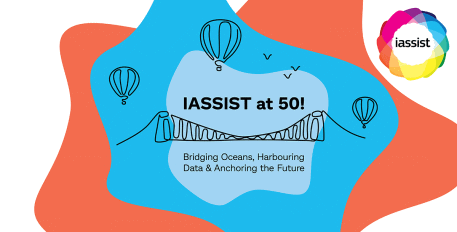Wherever workplaces have been closed due to the Covid-19 pandemic, the immediate problem has been access to confidential data, which is all the more necessary since some of it can be mobilized immediately to understand the disease, the evolution of the pandemic and its impact. In France and abroad, the secure centres in charge of access to this data for research have mobilised to maintain their service for users with two concerns, continuity of access and security.
The difficulties encountered are, however, uneven, depending both on the technical modalities of access for users and on the authorization system and procedures in each country.
For authorized access only on site in dedicated rooms such as safe rooms, the closure of buildings during a period of containment immediately results in the closure of access and only degraded solutions (less detailed files, remote execution not allowing direct access) are possible, when they exist. This is the case, for example, for access to Luxembourg for very detailed European data, for the ICPSR in Ann Arbor in the United States, but also for the most detailed German data from IAB (Institut für Arbeitsmarkt- und Berufsforschung) which can only be accessed from access servers installed in the safe room in Nuremberg or at partner centres.
On the contrary, solutions are possible when remote access is done from individual and easily mobile equipment as is the case for CBS (Statistics Netherlands) in the Netherlands or CASD in France or can be implemented as is the case for ONS (Office for National Statistics) and UKDS (UK Data Service) in the United Kingdom. The key issue is then the authorisation by the competent authorities of access from the user’s home instead of access from a university or research centre. In the three examples cited, this has been allowed, either because it is possible under the normal regime (CBS) or because an exceptional authorisation for the period of containment has been given, as has been the case in the United Kingdom and France. This required a very strong mobilization of the teams at these centres to ensure, in these new and difficult circumstances, the service, in particular the relationship with users, imports and exit control, and enrolment for new projects which may require specific arrangements whether on site or by videoconference.






